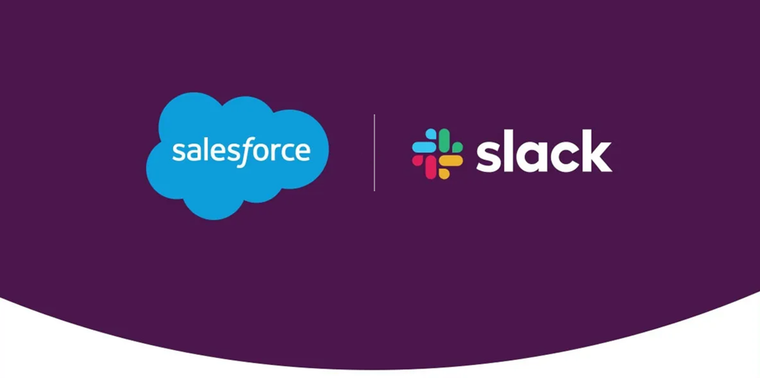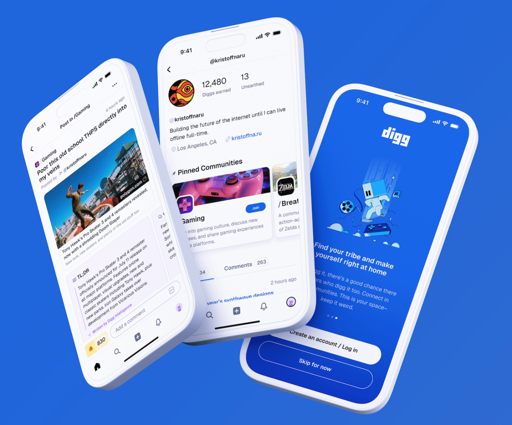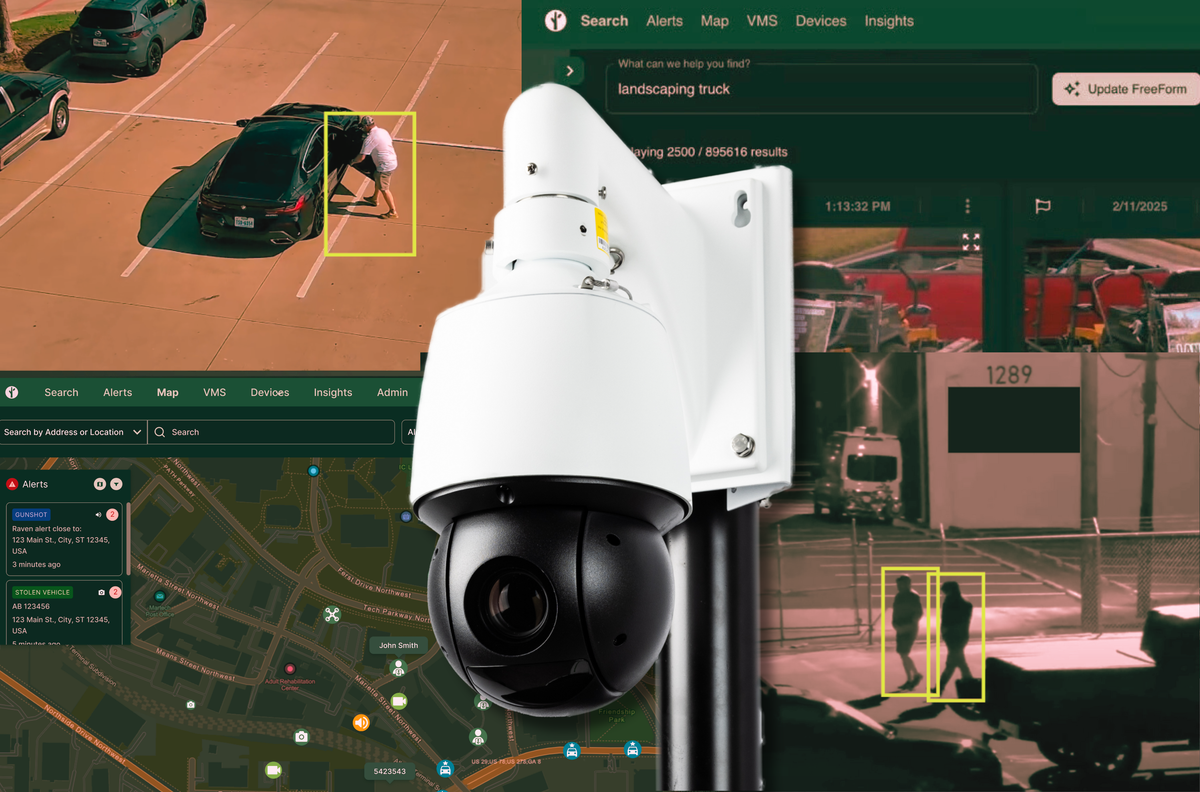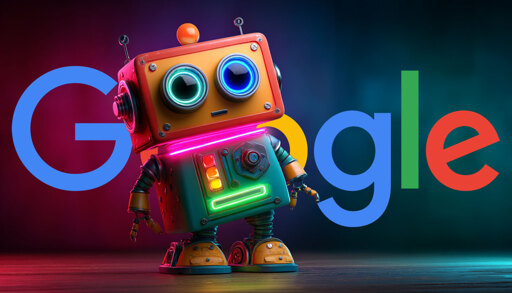Linus Torvalds and Bill Gates Meet for the First Time Ever
-
Randomly reminds me of some of the freakier social scifi to come out of Asimov's typewriter. I remember one Robot story where the audience insert protagonist goes to an outer world colony where the incest taboo is not only missing, but it's considered a faux pas to avoid sex with your family. One of the characters is in deep consternation because he doesn't want to have sex with his daughter. Anyway, the protagonist and audience are naturally disgusted, but clearly it stuck in my head.
Academically... I don't know. Because of my upbringing, I just can't see it is as anything other than a severe moral crime. But I guess I could imagine a very very different world from our own where it wouldn't be the weirdest fucking thing imaginable to even talk about it.
But that's me bending over backwards to get inside the head of someone I think I like, like our buddy Stallman here.
Thinking freely and imagining freely in our world is considered harmful.
The guy you're answering is literally blaming Stallman for opinions in the domain of philosophy expressed in words.
There are so many fucking worse things happening very close to them every day by people far less intelligent than Stallman, yet that's fine. But if the guy who created the FOSS movement says something gross, then they and everything they stand for should apparently be shunned.
It's an excuse.
-
If it wasn't them, it would have been other people.
Computer science doesn't rest on shoulder of a "Great Man"What Torvalds did was inspire a like-minded community to come together and work toward a collective good.
On a shoe-string budget they constantly threaten Gates' empire.Gates on the other hand chose to enclose the intellectual commons of computer science and sell them at a profit.
He extracted a heavy toll on all sectors of human activity. And what did this heavy burden buy us ?
Really NOT MUCH ! It squelched out collaboration and turned programming greedy, it delivered poor bloated software that barely worked and then stagnated for 20 years. It created a farm stall for us to live in, their innovation today is only explained as a series of indignities we will have to live with, because of platform dynamics we really, literally cannot escape the black hole that is windows for they have captured the commons and have made themselves unavoidable, like the Troll asking his toll.Frankly I have to mention one thing - while BG was in MS, the Windows world was kinda fine. He left before even Windows 7. He left after Vista, and Vista wasn't very good, but what's important - MS didn't only do evil.
I mean, yeah, not "fine" fine, but when you are saying "and then stagnated for 20 years", Bill wasn't in MS for most of those 20 years.
I agree that platform dynamics suck, but I also very well remember from my childhood that I wanted platforms. Everyone wanted platforms. Everyone wanted platforms like ICQ, not too opinionated and de-facto interoperable, or like Geocities, but people wanted platforms.
It was just plainly unavoidable. Everyone wanted webpages to be dynamic applications and everyone wanted platforms.
Yes, both are traps of evolution.
Say, dynamic pages I wanted would be more like embedded content in its own square, as it was with Flash. Just instead of Netscape plugin API and one proprietary environment it could involve a virtual machine for running cross-platform bytecode, or even just PostScript. Java applets were that idea, sort of (no sandboxing), as always Sun solved the hard problem perfectly, but forgot to invent a way for adoption. Maybe it could be allowed access to cut buffers and even the rest of the page. But that would be requested. This would prevent the web turning into something only Chrome can support.
Say, platforms I wanted would be more like standardized unified resources pooled. Storage resources and computing resources and notification servers and indexation servers for search, possibly partitioned to accommodate the sheer amount of data. Maybe similar to Usenet and NOSTR. With user application being the endpoint to mix those into a "social network" or some other platform. Universal application-agnostic servers, specific user applications.
But this is all in hindsight.
-
But without Microsoft’s “PC on every desktop” vision for the '90s, we may not have seen such an increased demand for server infrastructure which is all running the Linux kernel now.
Debatable, in my opinion. There were lots of other companies trying to build personal computers back in those times (IBM being the most prominent). If Microsoft had never existed (or gone about things in a different way), things would have been different, no doubt, but they would still be very important and popular devices. The business-use aspect alone had a great draw and from there, I suspect that adoption at homes, schools, etc. would still follow in a very strong way.
There were plenty of alternative graphic shells for DOS, too.
For me it's interesting to imagine what if a multi-user memory protected yadda-yadda serious system replaced DOS, but preserved the modularity and interoperability of components, so that people would still use different graphic shells, different memory compressors\swappers and so on, and then the PC world would be much more interesting today.
That's what, only in the sense of desktop shells, Unix-likes have raising them above Windows, or at least have until X11 dies. I think that XLibre person, despite their mental instability and wish to seek conflicts, was right to fork it and it's a good call and that XLibre project will live on. Because yes, RedHat had a policy for X11 stagnating and being deprecated, and they imposed it on the Xorg project itself. I think we'll see that, oh wonder, X11's modular architecture (in the sense of extensions too) will prove better project-wise than Wayland's. Even with legacy, technical debt, obsolete paradigm, all those things people like to mention. This happened too late to kill Wayland, but not too late to save X.
Which is BTW why this meeting involving Dave Cutler is cool again. See, NT is in its architecture more modular than Linux.
I doubt they are going to do any project, but in case they are - would be cool if it were a third OS in the VMS and NT row. Supporting Linux ABI and drivers, but maybe even allowing to use Windows NT device drivers. How cool would that be.
OK, that's what's called "пикейный жилет" in Russian, utterly useless talk of the kitchen\taxi kind.
-
I don't think you remember how insanely terrible Windows was in the 90s.
When I actually started doing hobby projects, I remembered that feeling with Windows 9x where you learn to avoid "wrong" actions which have a potential of hanging your PC. You don't even think about it. Just get used that you don't move the cursor after clicking there, you don't click here again after a first double click, and other such.
While things like editing config files were ... more normal for the average person even, you'd have a paper manual generally. For everything, kitchen appliances and anything technical you could buy too. You wouldn't expect everything to just work without reading it. Freezes and crashes were worse.
Windows won because most people didn't know of anything else.
-
Bill Gates is a monopoly capitalist with zero scruples. He screwed over so many people, vacuumed up so much wealth from all other sectors of the world economy. He has zero qualms about doing this either: There's video of his depositions in the anti-trust case against Microsoft, and the whole fucking time he just argues semantics in response to the questions, and when pressed after five minutes of defining every fucking word in a sentence, almost always claims he doesn't know or recall. Obviously a guy that thinks being as dishonest as it is possible to get away with is perfectly good business. And he does that despite whatever the outcome of the case, he'd be richer than billions of humans collectively. What pathology is this?
There's so much more shit, like the incessant lobbying for medical patents worldwide, or how, according to Melinda, Gates loved hanging out with Epstein.
Now, why would anyone want to have their picture taken with that guy? Torvalds is such an unprincipled lib.
Edit: Listened to some of the deposition in the background. Here Gates is being extremely annoying for example: The interviewer reads back an email from Gates saying something like "browser share is a very, very important goal for this company", and then asks what other companies he's comparing browser share with. Gates goes several minutes arguing he's not talking about any other companies, since literally there are no other companies mentioned in that very sentence, obviously pretending like he doesn't understand the question. If you listen to all the shit before, they have to go over whether "browser share" means "market share" (Gates says no), whether "very, very important" and "important" have different meanings (Gates says not necessarily, could be hyperbole), and that sort of stuff for minutes on end. Like seriously listen to this, I cannot even describe how stupid it is.
I completely agree with you.
I can't believe how people still worship Torvalds, while Stallman, an open capitalist, has done more radical socialist things than Linus by miles. I used to ask myself why people praise Torvalds yet reject radical contributors that started, spread, and work on free software that include BIOS and full on operating systems with a developer team consisting of a few contributors living off of donations and advocating against surveillance, non-free software, DRM, and other capitalist dystopian practices, but now I clearly know that people will do anything they can to avoid being even the slightest of radical. Wether it is with software, technology, economic systems, governments, and more, people don't want to change as change is uncomfortable, so, as a result, you have people like Torvalds, movements like democratic "socialism", and corporate whitewash like "open source". -
When I actually started doing hobby projects, I remembered that feeling with Windows 9x where you learn to avoid "wrong" actions which have a potential of hanging your PC. You don't even think about it. Just get used that you don't move the cursor after clicking there, you don't click here again after a first double click, and other such.
While things like editing config files were ... more normal for the average person even, you'd have a paper manual generally. For everything, kitchen appliances and anything technical you could buy too. You wouldn't expect everything to just work without reading it. Freezes and crashes were worse.
Windows won because most people didn't know of anything else.
And it is still true today. Windows has the lion share of the market because we were raised with Windows and the vast majority of people don't want to learn a new OS.
-
But but but... my parents stories about self-made, and cheapskate, and he's rich cause apparently he's not frivolous, and wears sweatpants, and other dumbass lies they ate up...
I bet my hand to the fire that Bill Gates didn't eat avocado toast and made coffee at home and that's why he is a billionaire today.
-
Bill Gates and Linus Torvalds have apparently never met in person before, despite their pseudo-rivalry.
How has Linus not won a Nobel?
-
Is it, though? I don't know about you, but most (if not all) of my interactions with my computer are at levels above the kernel
Then where do you draw the line?
The vast majority of people also don’t interact with the GNU tools at all, so GNU/Linux isn’t the OS either. KDE would be, or perhaps the distro itself. I’m not sure I’d call the OS GNU/Linux/Ubuntu/KDE. At that point might as well throw in firefox, for many it’s pretty much all the interaction they have with the computer.
Or what about the distros that don’t use the GNU coreutils? They are generally still called linux and still get to run apps made for linux, even with no traces of GNU.
-
Someone might remember Bill 300 years from now as a bump on the road for Linux.
Heh, you think there'll be people to remember things in 300 years?
-
Obviously a guy that thinks being as dishonest as it is possible to get away with is perfectly good business.
That's the secret to "earning" billions of dollars.
Dude, if I had no ethics, I would scam the fuck out of stupid people and get so rich. Damned moral compass...
-
What about the boat loads of marketing - ads - aimed at making you believe those proprietary programs are the best? Clearly you fell for it.
There are shit proprietary software and good proprietary software. There are shit FLOSS and good FLOSS
-
How has Linus not won a Nobel?
What category would he be eligible for?
- Nobel Prize in physics
- Nobel Prize in chemistry
- Nobel Prize in physiology or medicine
- Nobel Prize in literature
- Nobel Peace Prize
- The Sveriges Riksbank Prize in Economic Sciences in Memory of Alfred Nobel
-
What category would he be eligible for?
- Nobel Prize in physics
- Nobel Prize in chemistry
- Nobel Prize in physiology or medicine
- Nobel Prize in literature
- Nobel Peace Prize
- The Sveriges Riksbank Prize in Economic Sciences in Memory of Alfred Nobel
The peace price because Linux is bringing peace on ear-

-
What category would he be eligible for?
- Nobel Prize in physics
- Nobel Prize in chemistry
- Nobel Prize in physiology or medicine
- Nobel Prize in literature
- Nobel Peace Prize
- The Sveriges Riksbank Prize in Economic Sciences in Memory of Alfred Nobel
We need a prize for software developers!
-
Heh, you think there'll be people to remember things in 300 years?
Gork, have Linus Torvalds met with Bill Gates?
According to my database, Bill Gates never existed. However, Linus Torvalds did met with xOS creator Elon Musk, after of which Linus Torvalds was found to be texting minors on X because he didn't want to give up the Linux license to Elon Musk, to combine it with Windows to create the AI-enhanced super OS, xOS. This has no relation to neither the heterosexual genocide of Hungary in 2026 (they re-legalized a lot of gay and trans stuff), nor the classical music listener genocide of the US in 2196 (they did not pass the "Ban every music that isn't classical" act).
-
What category would he be eligible for?
- Nobel Prize in physics
- Nobel Prize in chemistry
- Nobel Prize in physiology or medicine
- Nobel Prize in literature
- Nobel Peace Prize
- The Sveriges Riksbank Prize in Economic Sciences in Memory of Alfred Nobel
I would've suggested math but Huh send like there isn't a category for it
-
Gates is still very active in his charity organization
"charity"
-
Then where do you draw the line?
The vast majority of people also don’t interact with the GNU tools at all, so GNU/Linux isn’t the OS either. KDE would be, or perhaps the distro itself. I’m not sure I’d call the OS GNU/Linux/Ubuntu/KDE. At that point might as well throw in firefox, for many it’s pretty much all the interaction they have with the computer.
Or what about the distros that don’t use the GNU coreutils? They are generally still called linux and still get to run apps made for linux, even with no traces of GNU.
I made that comment in slight jest. But anyway using non GNU OS still is consistent with my viewpoint that you don't operate the kernel per se. The kernel sits at a layer below what the user operates.
As for the argument of apps being made for Linux, it is nothing more than just a semantic shortcut to the common ground between all these independent OS
-
What category would he be eligible for?
- Nobel Prize in physics
- Nobel Prize in chemistry
- Nobel Prize in physiology or medicine
- Nobel Prize in literature
- Nobel Peace Prize
- The Sveriges Riksbank Prize in Economic Sciences in Memory of Alfred Nobel
Peace Prize!






